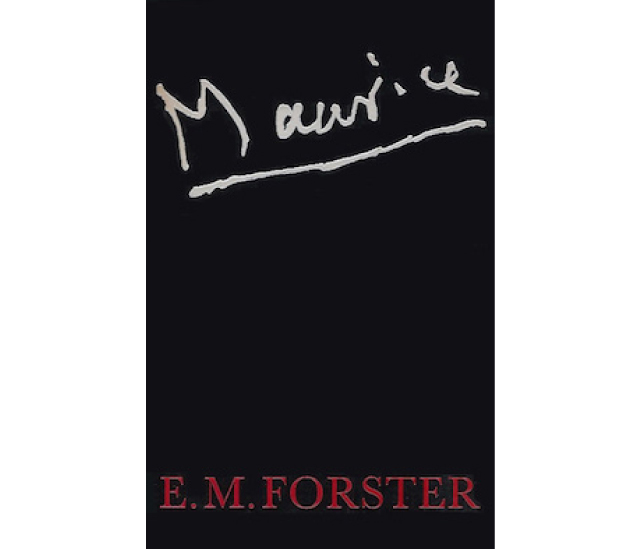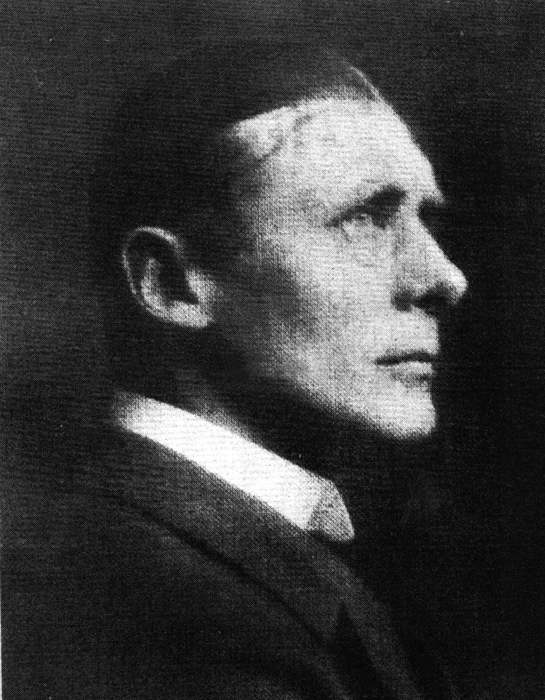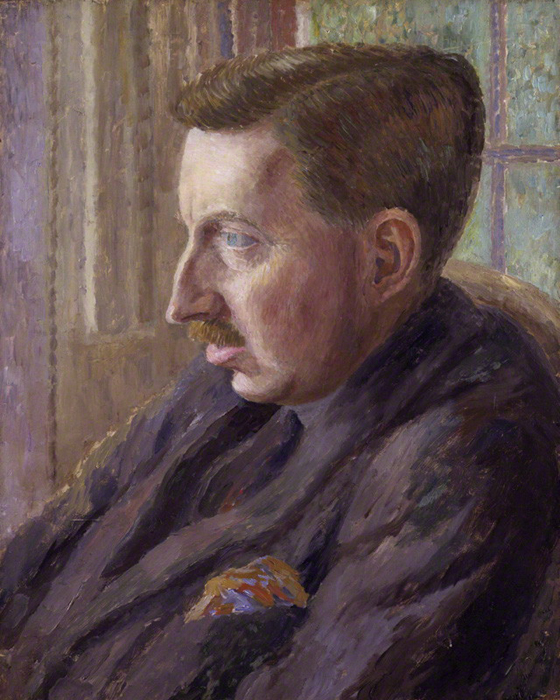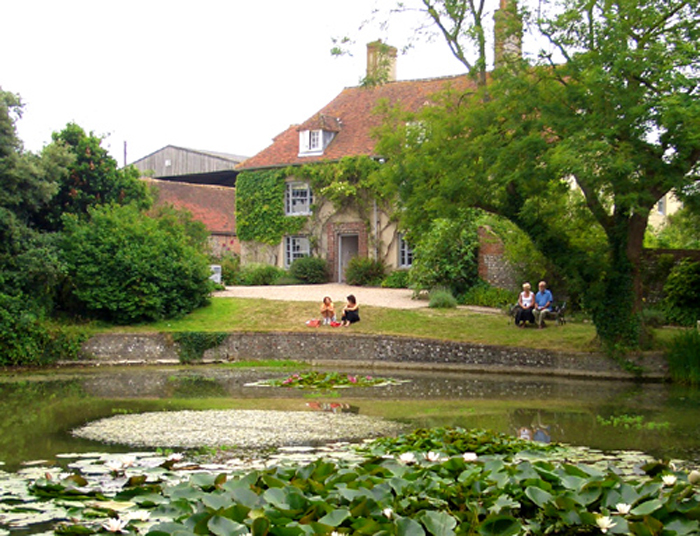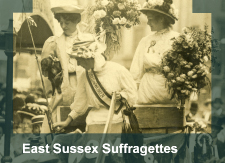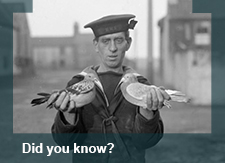Homosexuality was illegal during WW1, and remained so up until 1967. As any evidence of homosexual acts between men resulted in corporal punishment or two years imprisonment, records of experiences are sparse.
Although societal norms forbid homosexual acts between women, what were referred to as ‘acts of gross indecency’, were never made illegal. This story focuses on the experiences of homosexual men in WW1.
Historical Background and the War
Not only was homosexuality illegal, but there were also strong social currents, particularly among the upper classes, opposing same sex relationships. Before the war, the Eulengburg Affair in Germany, in which members of the German Cabinet were publically tried for homosexual conduct, meant that homosexuality was associated with Germaness. This sentiment remained throughout the war; in 1918 Noel Pemberton Billing, a British MP, published an article in the Vigilante which alleged that a German Prince had a book containing the names of 47,000 English men and women and records of their alleged ‘moral and sexual weakness’ that made them targets for German agents. The article proclaimed:
‘incestuous bars were established in Portsmouth and Chatham. In these meeting places the stamina of British sailors was undermined. More dangerous still, German agents, under the guise of indecent liaison, could obtain information as to the disposition of the Fleet . . . Wives of men in supreme position were entangled. In Lesbian ecstasy the most sacred secrets of State were betrayed. The sexual peculiarities of members of the peerage were used as a leverage to open fruitful fields for espionage.’
In addition, as the British army began suffering heavy casualties a social emphasis on men doing their duty and aiding in the reproduction of the dwindling male population arose. Thereby, to enter into a homosexual relationship was not only illegal but unpatriotic.
As a result, records only subtly refer to homosexual relationships during the War. For example, the gay war poet Wilfred Owen wrote to his cousin in 1918:
‘There are two French girls in my billet, daughters of the Mayor, who (I suppose because of my French) single me out for their joyful gratitude for La Déliverance. Naturally I talk to them a good deal; so much so that the jealousy of other officers resulted in a Subalterns’ Court Martial being held on me! The dramatic irony was too killing, considering certain other things, not possible to tell in a letter.’
Another soldier who recognised that he was gay during the war explained at a later date why he did not act on his feelings:
‘There was no sexual contact with anybody in the services. The simple reason [for me was], I got promoted to sergeant from corporal. As you’re getting promotions, you couldn’t take no chances. I had several chances, mind you, with two or three different private soldiers I knew. You can gauge ‘em, but the point is, when you come to look at it you say to yourself – well, is it mind over matter? You know, you say to yourself, No, I mustn’t. You’re jeopardising your chances, because if something happened you’re going to get court martial.’
Experiences at home
One source available to us of an upper-middle class gay man’s experience of living in the South East during this time comes from the fictional book Maurice, written by E. M. Forster who grew up in Kent. The book was written in 1913-1914, although it wasn’t published until 1971, and it can be read as a ‘prison diary’; Forster’s account in fiction of living as a homosexual man in the early 1900s. The book follows the life of Maurice Hall, who enters his first homosexual relationship at Cambridge and spends the rest of his life on a journey to reach a place where he could be true to himself and love and enjoy physical contact with a partner of the same sex. Part of the reason for Forster’s reluctance in publishing Maurice may be understood by the fact that Rose Allatini’s 1918 book Despised and Rejected, which featured the wartime experiences of a homosexual man and lesbian woman, was banned under the Defence of the Realm Act as a potential threat to Britain’s morals.
The book identifies how difficult it was for an upper-middle class man to be gay at the beginning of the 20th century. From the start of the book Maurice is detached from the idea that love and physical attraction can only happen in heterosexual relationships, and throughout, Maurice regards his sexuality as an illness, attempting at one stage to try and find a cure through hypnotism. Still, Forster never writes Maurice’s homosexuality as a perversion, and he recognised himself that this went against the social currents of the time. Writing to a friend in 1915 about the gay characters in his book, Forster said ‘ruling out undeveloped people like Clive…one is left with the ‘perverts’ (an absurd word because it assumes they were given a choice.)’ He goes on to say:
‘Are these ‘perverts’ good or bad like normal men, their disproportionate tendency to badness (which I admit) being due to the criminal blindness of Society? Or are they inherently bad? You answer, as I do, that they are the former … The man in my book is, roughly speaking, good, but Society nearly destroys him, he nearly slinks through his life furtive and afraid, and burdened with a sense of sin.’
Still, despite Forster’s recognition that in the ‘real world’ Maurice would have to live in furtive sin, in fiction, Forster gives his protagonist a happy ending. Although Maurice’s first relationship with Clive Durham ends with Clive deciding to marry, much to Maurice’s disappointment, towards the end of the book he meets and falls in love with an under-gamekeeper Alec Scudder. Although their relationship is rocky at first, the book ends with Alec and Maurice deciding to make a life together in England. However, to do so, Maurice had to give up life as he knew it, as society would not accept such a relationship:
‘His journey was nearly over. He was bound for his new home. He had brought out the man in Alec, and now it was Alec’s turn to bring out the hero in him. He knew what the call was, and what his answer must be. They must live outside class, without relations or money; they must work and stick to each other till death.’
Maurice’s happy ending is important to note, because it was the ending that prevented Forster from publishing in 1914. Due to anti-homosexual societal attitudes, he instead dedicated the book ‘to a better year’ when same-sex relationships would be accepted, and Maurice’s happy ending could be more than just fantasy.
The Bloomsbury Group
During the War, Forster was a peripheral member of the artistic and intellectual collective known as the Bloomsbury Group, which included famous writers and thinkers such as Virginia and Leonard Woolf, and John Maynard Keynes.
This group of friends and socialites alternated their time between the Bloomsbury area of London, the famous East Sussex locations; Charleston House and Monks House.
The Bloomsbury Set were often noted for the intensity of their friendships and relationships with each other, the result of which was a witticism suggesting that they ‘talked in circles, painted in squares, and loved in triangles’. Rumours of homosexual activity within the group further coupled with the fact that many members were conscientious objectors during the First World War, often saw them receive criticism.
However, because of their insular nature and their wider societal connections, the Bloomsbury Group were largely able to continue their activities in private. The end of the war and the growing fame of individual members did, however, lead to an eventual dispersal of the group in the inter-war years.
LGBT Rights after the First World War
Because of the general illegal nature of homosexuality in Britain, it was not actually prohibited in army regulations until 1955. The 1967 Sexual Offences Act decriminalised homosexual activity between two men over the age of 21 and in private. However, this only applied to England and Wales and did not cover the armed forces. Further legislation in the 1980s would decriminalise homosexuality in Scotland and Northern Ireland and, in 2000, the ban on homosexuals serving in the military was finally lifted.

